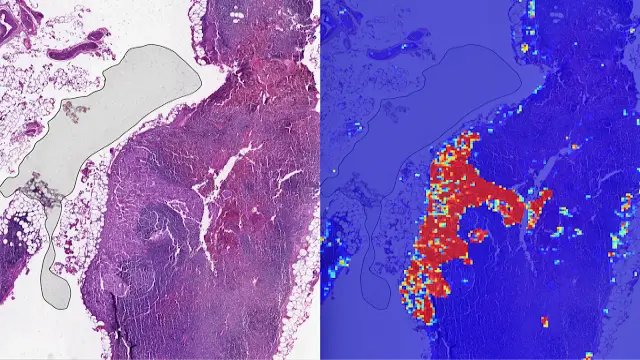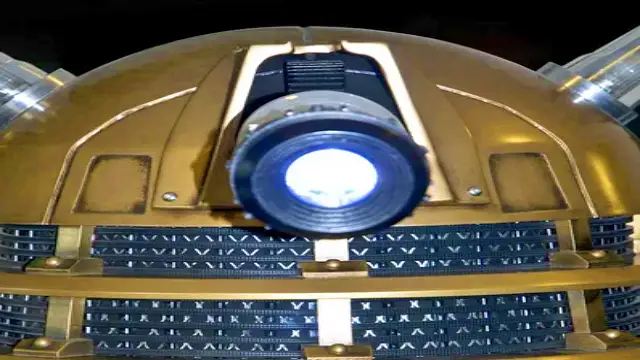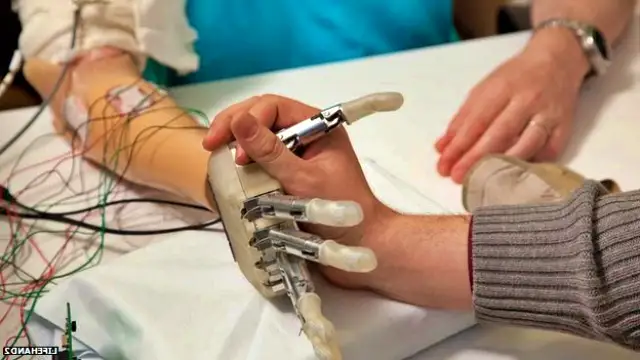As we delve deeper into the realms of scientific advancement, the prospect of creating a “superman” through genetic engineering and organ growing has captured the imagination of many. The idea of enhancing human capabilities and potentially overcoming the limitations of our biology has long been a subject of fascination, both in science fiction and in the realm of scientific research.
The rapid progress in fields like gene editing, stem cell technology, and regenerative medicine has brought us closer to the possibility of transforming the human condition. Imagine a world where we can not only treat diseases and disabilities but also augment our physical and cognitive abilities beyond the current boundaries of human potential.
One of the most promising avenues in this pursuit is the development of genetic engineering techniques, such as CRISPR-Cas9. This revolutionary tool allows scientists to precisely edit the human genome, opening up the possibility of correcting genetic defects, enhancing desirable traits, and even designing custom-made individuals.
“The potential of genetic engineering is truly staggering,” says Dr. Samantha Wilkins, a leading geneticist at the University of Cambridge. “By manipulating the very building blocks of life, we can not only cure genetic disorders but also explore the possibility of enhancing physical and cognitive abilities in ways that were once considered science fiction.”
Alongside genetic engineering, the field of organ growing, or regenerative medicine, is also making significant strides. Researchers have made remarkable progress in cultivating human organs, such as hearts, kidneys, and livers, using stem cell technology and 3D printing. This could potentially lead to the creation of customized, genetically-engineered organs that are perfectly tailored to an individual’s needs, reducing the risk of rejection and revolutionizing the field of transplantation.
“Imagine a world where organ failure is no longer a death sentence,” says Dr. Liam Nguyen, a biomedical engineer at the University of California, San Diego. “With the ability to grow personalized organs, we can not only save lives but also explore the possibility of enhancing human physiology in ways that were previously unimaginable.”
However, the pursuit of the “superman” through genetic engineering and organ growing is not without its ethical and societal challenges. Questions of accessibility, equity, and the potential for misuse of these technologies have sparked intense debates among scientists, policymakers, and the general public.
“As we push the boundaries of what’s possible, we must also grapple with the profound ethical implications of our actions,” says Dr. Wilkins. “Who will have access to these technologies? How do we ensure they are used responsibly and for the betterment of humanity as a whole? These are the critical questions we must address as we move forward.”
Additionally, there are concerns about the long-term consequences of genetic engineering and organ growing, both on the individual and the societal level. The potential for unintended effects, the risk of creating a genetic divide, and the impact on human identity and the concept of “natural” are all issues that must be carefully considered.
Despite these challenges, the allure of the “superman” remains strong, and the scientific community continues to push the boundaries of what’s possible. As we navigate this uncharted territory, it is crucial that we approach these advancements with a balanced perspective, weighing the potential benefits against the ethical and societal implications.
“The dawn of the superman may be closer than we think,” says Dr. Nguyen. “But as we strive to enhance human capabilities, we must do so with a deep sense of responsibility and a commitment to the well-being of all. The future of our species may very well depend on how we navigate this delicate balance.”




















